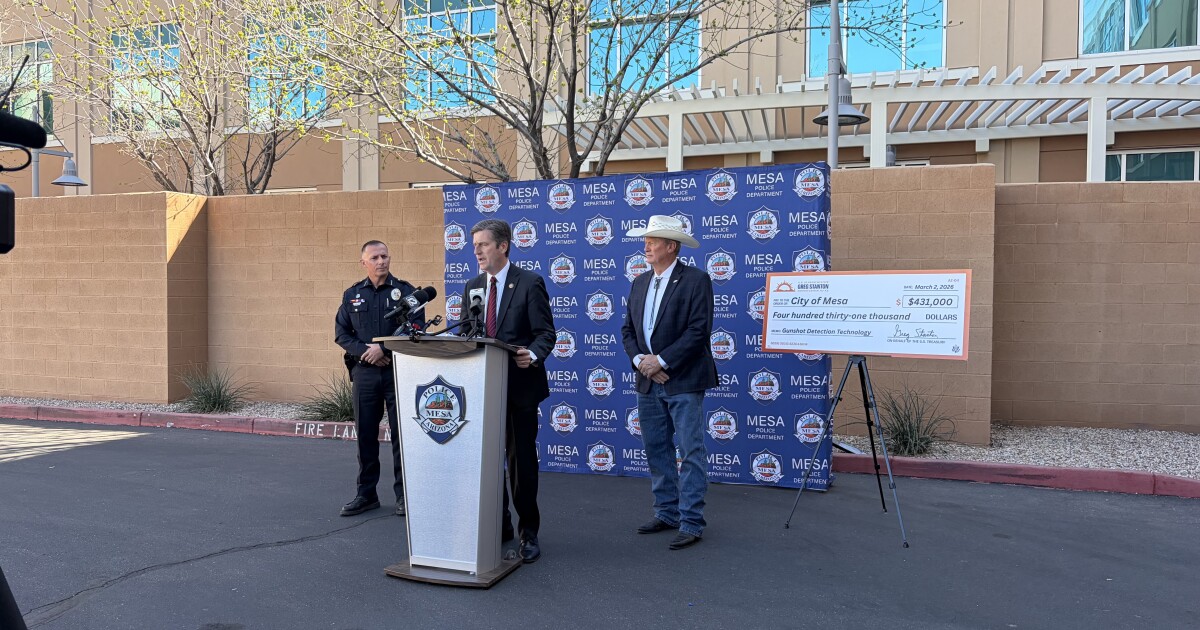Article Summary –
Michigan has enacted the bipartisan Michigan Filter First legislation to protect school and daycare drinking water sources from lead contamination, requiring the installation of lead-reducing filters and regular water testing, with compliance deadlines set for October 2025 for child care centers and June 2026 for schools. The state has allocated $50 million in grants from the American Rescue Plan Act to assist schools and child care centers with these upgrades, though there are concerns about the sufficiency of funds for full implementation and ongoing maintenance. The initiative follows previous proactive measures taken by some districts in response to the Flint water crisis, emphasizing the importance of safe drinking water for children’s health and academic performance.
Michigan schools and day care centers are working to meet a state deadline for installing filters on drinking water sources. The initiative aims to protect against lead exposure, similar to efforts post-Flint water crisis.
In October 2023, Gov. Gretchen Whitmer approved the Michigan Filter First law, mandating schools and day cares to create a water management plan. The law requires lead-reducing filters at one station per 100 occupants and annual water testing for schools and every two years for child care centers.
Child care centers must comply by October 2025, and schools by June 2026. The state allocated $50 million in American Rescue Plan Act funds to over 700 schools and child care centers to aid in compliance.
Grants will fund bottle-filling stations, faucet-mounted filters, or filtered pitchers in common areas like hallways and kitchens. Rebecca Lazarus, former Ann Arbor Schools Board president, initiated similar measures before the law, following the Flint crisis that exposed 99,000 residents to lead in 2014, linked to a deadly Legionnaires’ outbreak.
Lazarus emphasized learning from Flint, saying, “If we didn’t learn anything, shame on us.” Under Whitmer, the state also requires lead screening for children and invests in upgrading water infrastructure.
The American Academy of Pediatrics warns no lead level is safe for children, affecting academic performance and attention. “Health and safety of our drinking water is paramount,” said Lazarus, highlighting the irreversible effects of lead.
Ann Arbor schools had funding from bonds and millage, unlike many districts. The law, backed by educators and public health experts, offers a cost-effective alternative to “test and chase” methods elsewhere, which involve testing all fixtures and replacing those with lead.
The $50 million grant supports compliance, with awards based on community poverty, rural status, and environmental risk. Utica Community Schools, the second-largest district, received nearly $3.1 million, the most awarded.
Utica Superintendent Robert Monroe stated the priority is safe water for students and staff. However, the district needs another $5.2 million to fully implement the program. Lazarus noted the importance of ongoing funding for maintenance and future testing.
—
Read More Michigan News









